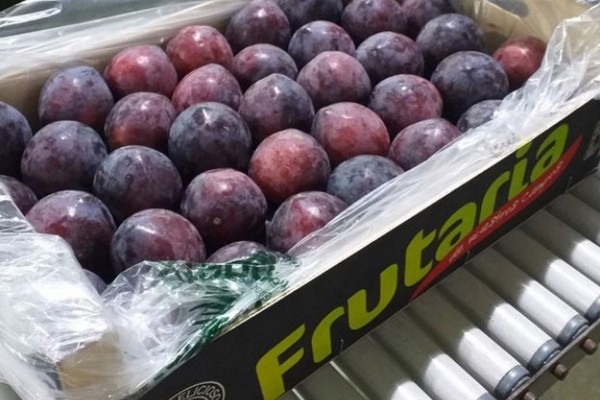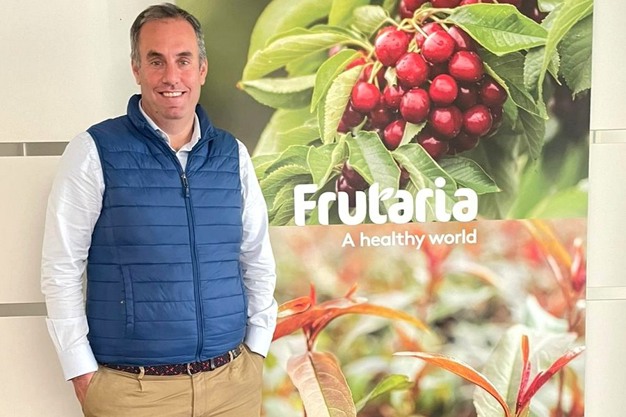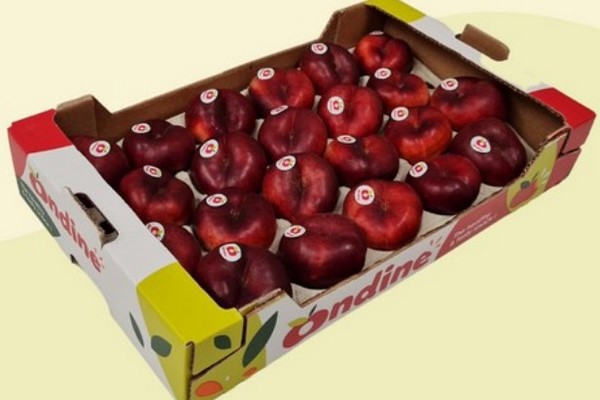The Spanish stone fruit season is now coming to an end, with a more limited commercial use of species such as nectarines and great sales for red/white peaches, Paraguayo peaches and plums, for which there has been a really high demand.

"We are currently selling Angeleno plums, the flagship variety at this time of year and for which the supply is 40 to 50% short of what would be a normal level due to the impact of adverse weather during the spring and summer; a situation that has also taken a toll on the volumes of other plum varieties," says Carlos Echeveste, of Grupo Frutaria.
In general, the season has started between 7 and 10 days early for all species, so, given the low plum production at the moment, the prospect is an earlier finish than usual. Also, according to Carlos Echeveste, plum exports to destinations outside the EU are also down, either because of the lower production and smaller sizes, or for the benefit of other species. "The truth is that plums have been in high demand since the beginning of the season," he says.

"Although nectarine prices have generally been good and sales have continued at a good pace, with only some stagnation in June due to a slowdown in consumption in Europe due to bad weather, there has been an excess of small sizes both in Spain and Italy and also a more limited commercial use due to the negative impact of the weather, thrips and flies," says Echeveste.
"Peaches, however, have generally been in high demand. The demand for peaches has been spectacular, and the fact is that the acreage has been gradually reduced over the last eight years (since the crises of 2017 and 2019), which has resulted in a lower supply today," says Echeveste.
"Frutaria, which works with a number of species in the stone fruit range, has tried keeping the marketing in balance by promoting the products in the weakest position week after week. There is no point in making a great effort to promote a product that is highly demanded and then having problems with other species or with the global results," he says.

"It is worth noting that we are highly satisfied with the performance of the varieties from the Ondine project, namely Paraguayo peaches and white flat nectarines, and of the round nectarines from Regalin, which stand out thanks to their organoleptic and agronomic qualities," says Carlos Echeveste. "This year, we have obtained very good volumes of Ondine fruits and have continued to promote them with marketing campaigns. We are selling Ondine not only in Europe, but also in markets in the Middle East and South East Asia."
Meanwhile, according to Echeveste, the sector is still in the middle of a restructuring process, with the supply increasingly concentrated in fewer companies. "Clients want fewer suppliers and varieties that stand out in terms of flavor and with better agronomic management."
 For more information:
For more information:
Carlos Echeveste
Frutaria
Tel.: +34 976 469 459
Tel.: +34 606 69 87 32
[email protected]
frutaria.com
ondine-fruit.com
